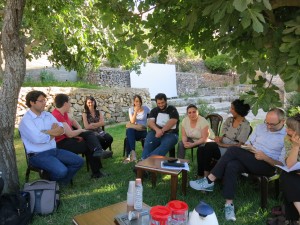Institute for Palestine Studies
The Institute for Palestine Studies (IPS) is an independent nonprofit organization that has played a key role in documentation, research, and analysis since its foundation in Beirut in 1963. IPS has published hundreds of books and documentary collections, and puts out the Journal of Palestine Studies, Jerusalem Quarterly, and Majallat al-Dirasat al-Filistiniyyah.
IPS’s main headquarters and library are still in Beirut, with a smaller branch in Ramallah. We met with them in both 2013 and 2015. In 2013, we joined them at the Khalil Sakakini Cultural Center, where they were sponsoring an exhibit of Khalil Raad’s photography called Palestine Before 1948: Not Just Memory. They showed us the exhibit, just one example of the many projects they have created in order to document and preserve the cultural heritage and social history of Palestine.
In 2015, IPS told us about their continuing efforts to build a digital archive of Palestinian social history, and explained to us the process by which they ask people for permission to make digital copies of their family papers and other historical documents. The goal of the online social archive is to reflect a unique perspective on Palestinian history that goes beyond colonial perspectives, bringing people’s private papers to the public. They’re working with individuals and institutions on this project, and we discussed challenges and shared best practices. Our discussion ranged from practical details, such as the differences between PDF and TIFF files and the benefits of each, to larger conceptual questions, like how, in the absence of a national archive and with little access to much of the material that would be in one, to go about creating a social history archive.
IPS sees the importance of digitization in trying to serve a Palestinian community in exile. When a community is dispersed, and when researchers are not always able to reach Palestine, digitization greatly increases access. Additionally, digitization serves the crucial purpose of backing up physical material that faces constant threat in an Israeli-controlled Palestine under occupation.
For more information, visit the Institute’s website.

